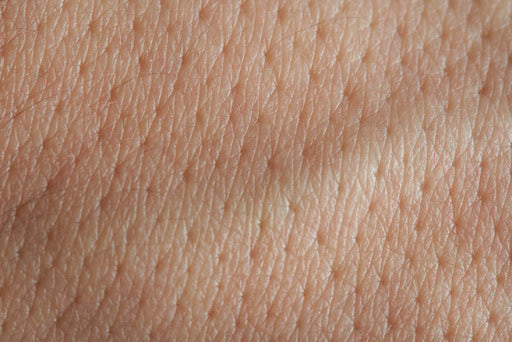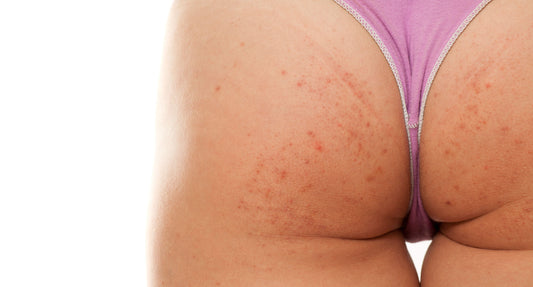Comedogenic vs non-comedogenic: do you know the difference?
You scan the shelves in search of a new soap and you’re met by a huge range of options staring at you. You pick up a brightly coloured package and read the back. Cocoa butter, coconut oil, linseed oil. They all sound like natural, nourishing ingredients, right? Perhaps this is the one. However, then you spot another bar that claims to be ‘non-comedogenic’. What does that mean? It also claims to unclog your pores and that’s exactly what your skin needs. Ok, maybe it’s this one...
What does comedogenic mean?
Comedogenic is defined as ‘tending to cause blackheads by blocking the pores of the skin.’ The word comes from the scientific term for a blocked pore or follicle - comedone. Comedogenic substances are much more likely to cause pore clogging and subsequently, blemishes on the skin. Some examples of highly comedogenic ingredients are:
- Linseed oil
- Coconut oil
- Coconut butter
- Cocoa butter
- Sesame oil
- Olive oil
It’s important to note that these ingredients may not cause blemishes for everyone. Although it is highly comedogenic, coconut oil can do wonders for dry skin without causing any problems. However, people with combination or oily skin should certainly avoid using comedogenic substances. Our Clarifying body bar is designed to unclog the pores and reduce the appearance of blemishes while being gentle on all skin types.

What makes a skin care product non-comedogenic?
A non-comedogenic substance is one that cannot block your pores, so they have a lower risk of exacerbating skin conditions like acne. Non-comedogenic products are not necessarily oil-free, as they may contain oils such as jojoba oil or safflower oil. These oils seem to have less potential of clogging pores than coconut oil and linseed oil.
If you have oily skin and/or regularly deal with acne breakouts, look out for skin care products that contain ingredients such as:
- Salicylic acid
- Hyaluronic acid
- Tomato seed oil
- Tamanu oil
- Aloe vera
- Vitamin C
- Vitamin E
While these ingredients are extremely unlikely to make existing acne worse, non-comedogenic products do not have the power to treat acne or prevent pores clogging. In order to keep acne and clogged pores at bay, it’s important to establish a good skin care routine with a non-comedogenic cleanser and moisturiser.
Regular exfoliation will keep dead skin cells and clogged pores in check and our Exfoliating body bar is a handheld solution that really works. Lather it up three times a week and start enjoying smooth, healthy skin without a clogged pore in sight.
Beauty Kin Clarifying bar is completely non - comedogenic
Our Clarifying body bar is dedicated to being gentle on your skin and is 100% soap-free. While salicylic acid exfoliates and unclogs the pores, tamanu reduces redness of blemishes and neroli soothes and conditions the skin. Squalane keeps the skin supple and moist, making the Clarifying body bar an excellent choice for clearing and restoring your skin to its best self.
It can be confusing when the beauty industry throws around words like ‘comedogenic’ and ‘non-comedogenic’ with very little explanation as to what they really mean. At Beauty Kin, we’re focused on solutions to problem skin and being upfront and honest about what our products can do. Our body bars are vegan, free of plastic and cruelty and full of natural, active ingredients that get your skin back to its happiest, healthiest self.




